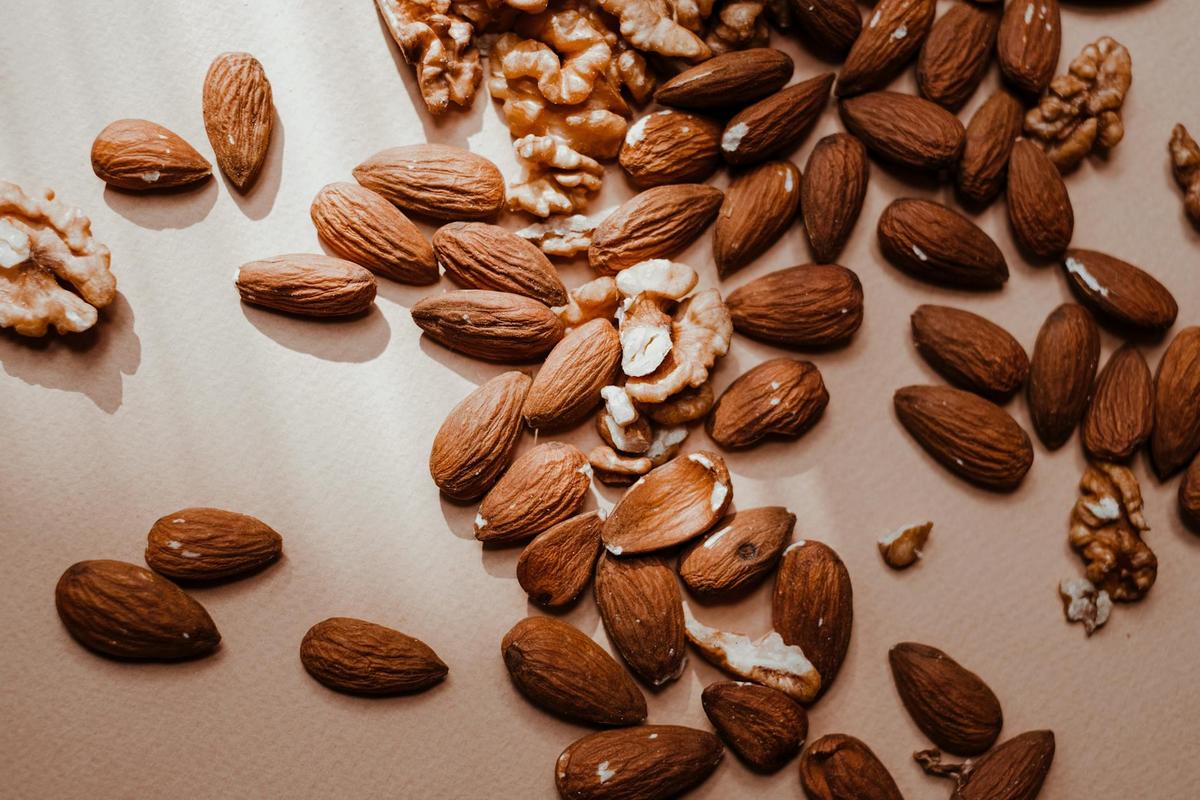Fiber is often hailed as a crucial component in a balanced diet, but its role in weight management is sometimes overlooked. Understanding how fiber contributes to weight control can empower you to make healthier dietary choices.
The Importance of Fiber in Your Diet
Fiber, a type of carbohydrate found in plant-based foods, is essential for maintaining digestive health. Unlike other carbs, fiber is not broken down into sugar molecules. Instead, it passes through the body undigested, helping to regulate the body’s use of sugars and keeping hunger and blood sugar in check.
How Fiber Contributes to Weight Management
According to nutritionists, fiber can play a significant role in weight management. Soluble fiber, found in foods like oats, beans, and apples, dissolves in water to form a gel-like substance that slows digestion and absorption of nutrients. This process can help you feel full longer. Insoluble fiber, found in whole grains and vegetables, adds bulk to your diet and aids in a healthy digestive system, preventing constipation and promoting regular bowel movements.
Research Insights
Research has shown that diets high in fiber are linked to lower body weight. A study highlighted that individuals who increased their fiber intake lost weight without making other dietary changes. This suggests that merely adding fiber-rich foods to your diet can contribute to weight loss over time.
Personal Examples
Consider someone who struggled with weight management for years. They decided to incorporate more fiber into their diet by eating more fruits, vegetables, and whole grains. Over time, they noticed a steady decrease in weight and an increase in energy levels, thanks to the sustained release of energy from high-fiber foods.
Actionable Tips for Increasing Fiber Intake
- Start your day with a high-fiber breakfast cereal.
- Incorporate more legumes like lentils and chickpeas into your meals.
- Snack on fruits, vegetables, and nuts instead of processed snacks.
- Choose whole grains over refined grains.
Pro Tip: Gradually increase your fiber intake to prevent digestive discomfort and drink plenty of water to aid fiber’s effectiveness.
Comparison Table of Fiber Content in Foods
| Food | Fiber Content (g) |
|---|---|
| Avocado (1 medium) | 10 |
| Chia Seeds (1 ounce) | 10 |
| Raspberries (1 cup) | 8 |
| Black Beans (1/2 cup cooked) | 7 |
| Oatmeal (1 cup cooked) | 4 |
| Almonds (1 ounce) | 3.5 |
| Broccoli (1 cup) | 3 |
| Whole Wheat Bread (1 slice) | 2 |
FAQs
What is the daily recommended intake of fiber?
For adults, the recommended daily intake of fiber is about 25 grams for women and 38 grams for men.
Can I take fiber supplements?
While fiber supplements can help, it’s best to get fiber from whole foods to benefit from additional nutrients present in those foods.
How quickly can I see weight loss results with increased fiber intake?
Results vary, but many people notice improvements in weight and digestion within a few weeks of increasing fiber intake.
Concluding Thoughts
Fiber is not just a key player in digestive health, but also a valuable ally in weight management. By incorporating more fiber-rich foods into your diet, you can enhance satiety, improve digestion, and support sustainable weight loss. Embrace fiber as part of a balanced diet and notice the positive changes it brings to your overall health.




Leave a Reply